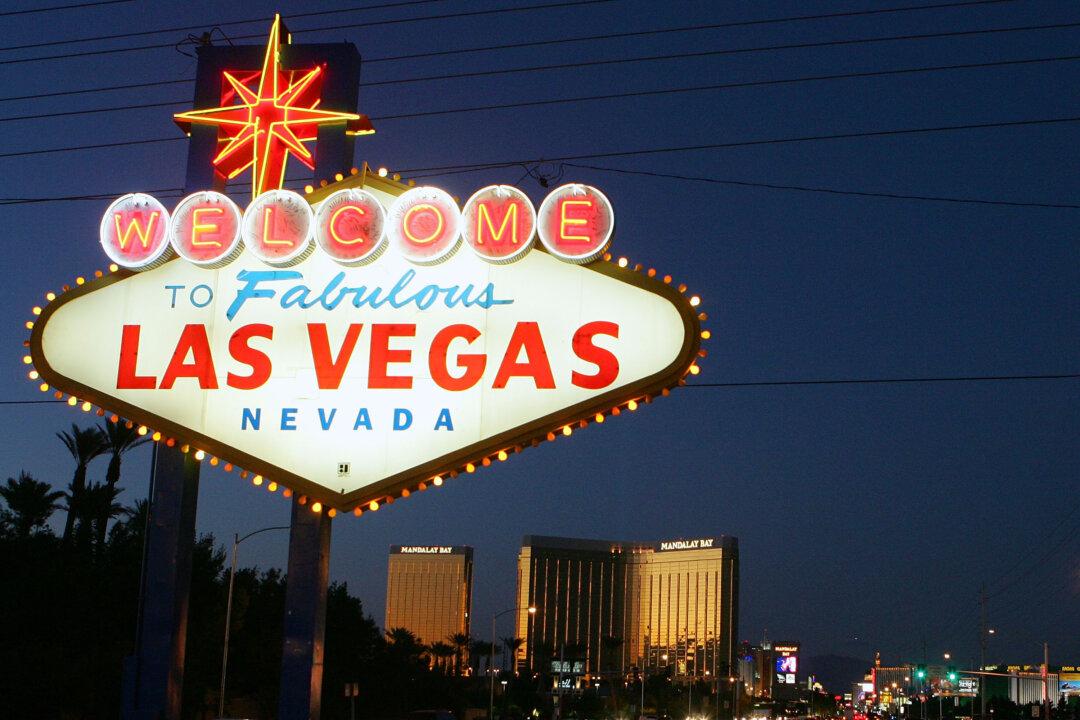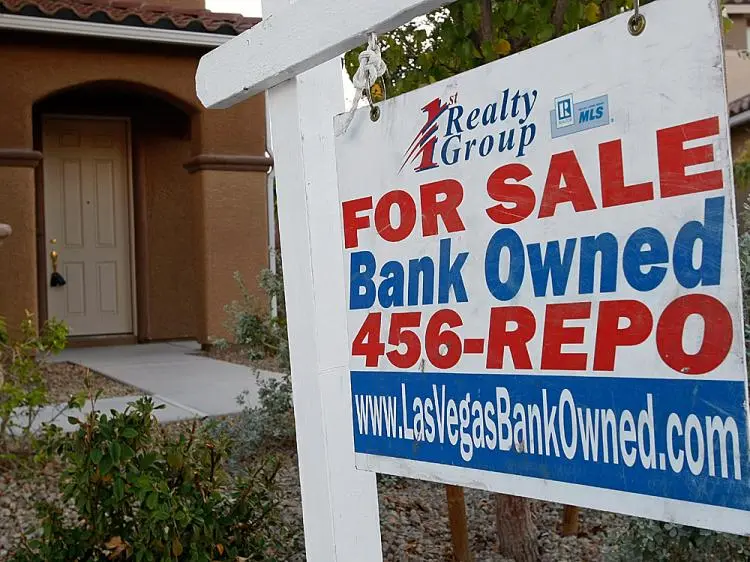A class-action lawsuit filed Wednesday against four of the largest gaming and hospitality companies in Las Vegas alleges that the businesses engaged in “an illegal price-fixing scheme to raise the cost of hotel rooms.”
Rainmaker, a platform that is said to be used by roughly 90 percent of hotels in the Vegas strip, collects real-time information on the supply and pricing of room rental rates from competitors and offers recommendations that are “designed to unlawfully maximize profits for its hotel operator users,” according to a Jan. 25th press release by attorneys who filed the lawsuit. Such algorithm-driven pricing strategy violates antitrust laws and comes at the “expense” of customers, the attorneys claim.





